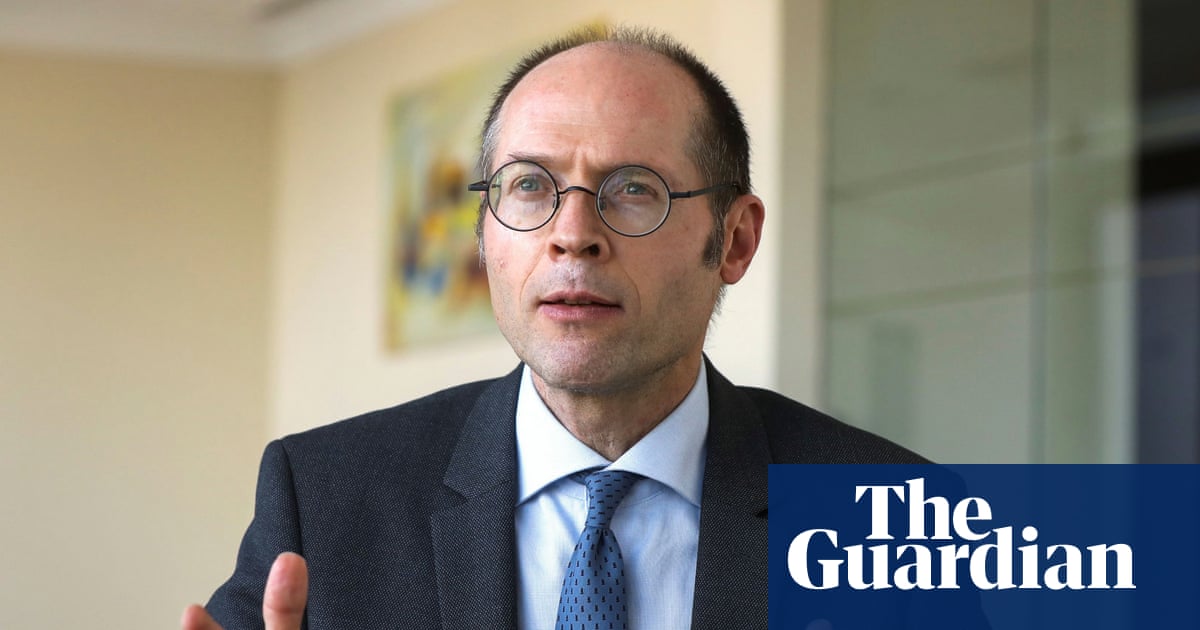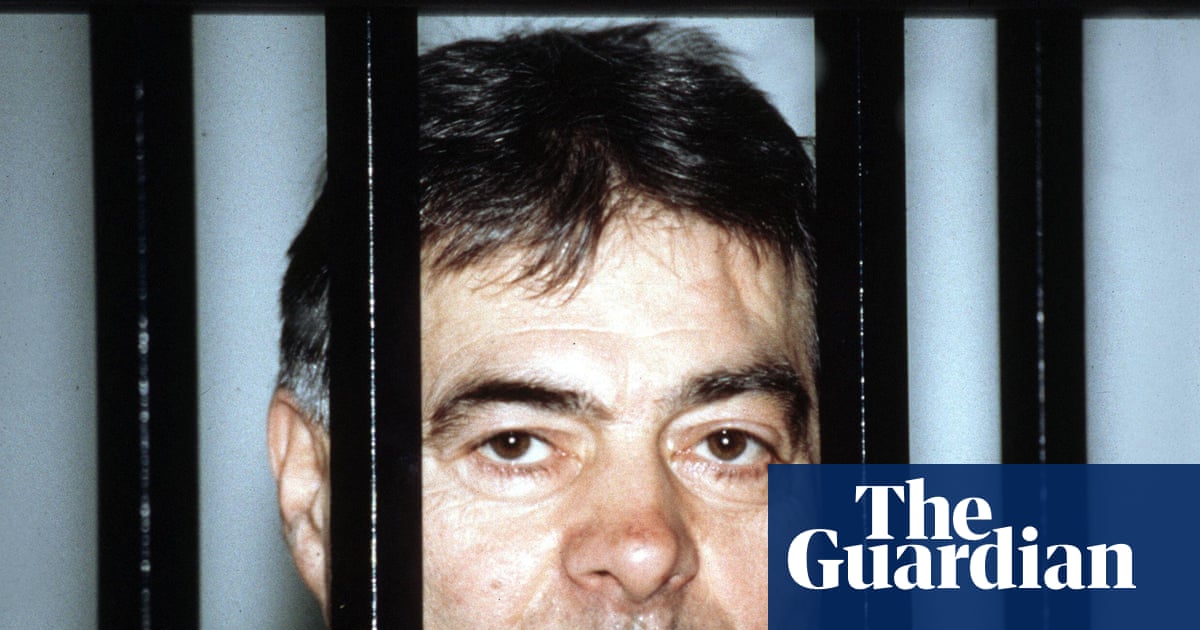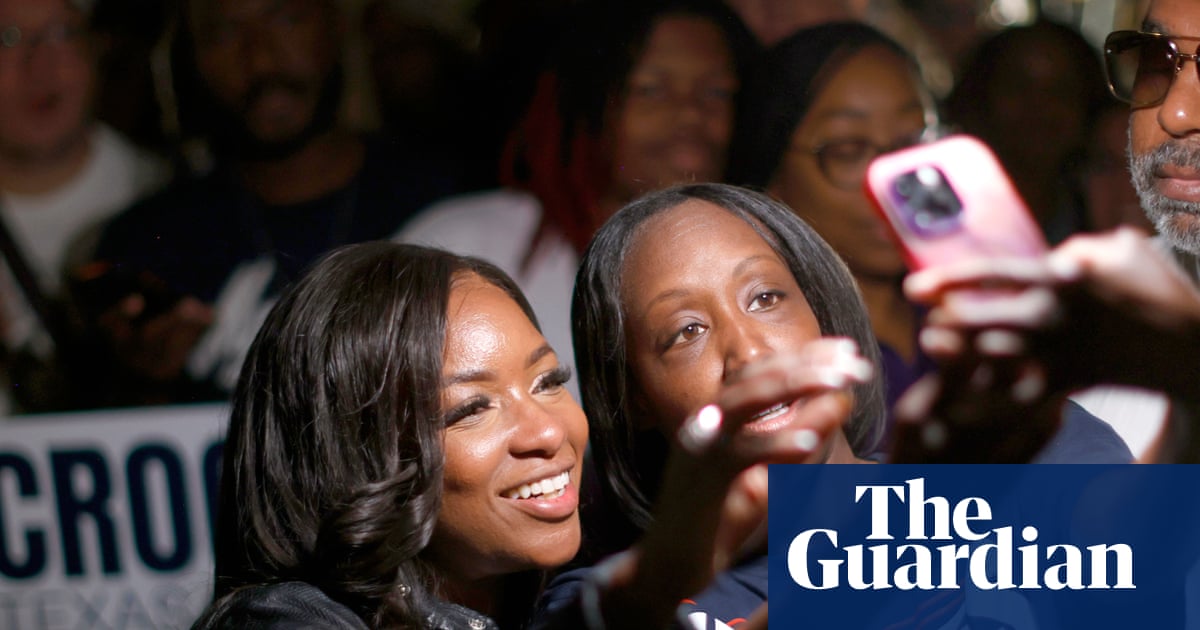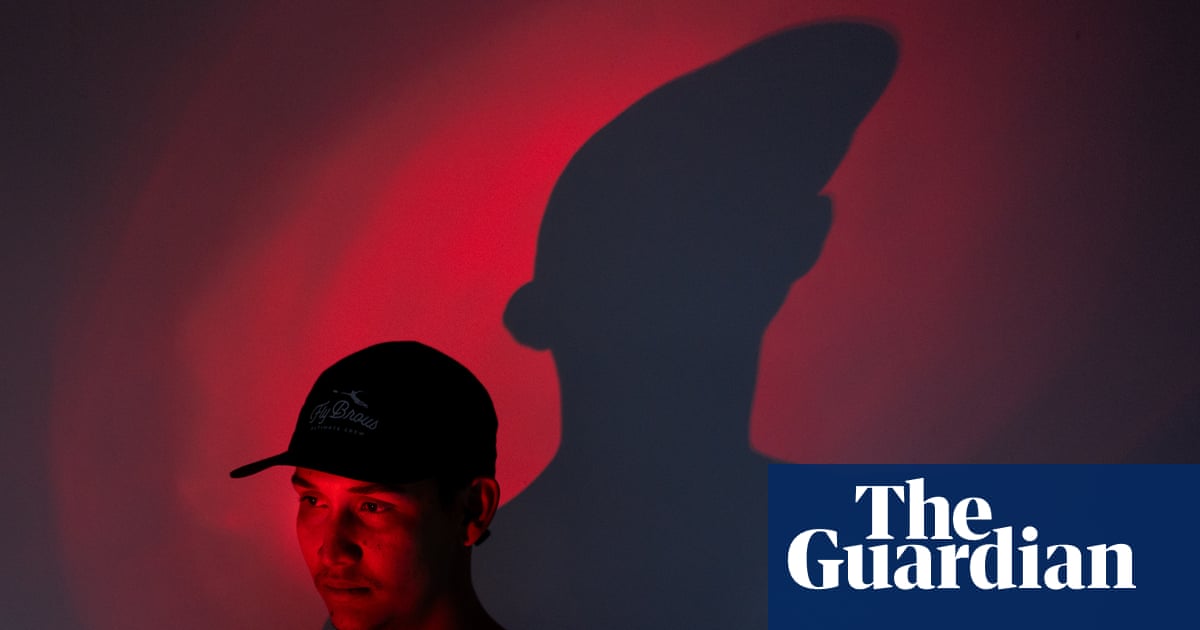We need look no further than this year’s John Lewis Christmas ad to see that one of the most urgent national conversations is the crisis of boyhood. Fears around the rise of the manosphere, spiralling mental health problems and loneliness among young men have made headlines, from Sir Gareth Southgate’s Richard Dimbleby lecture, in which he expressed fears that “toxic influencers” are replacing traditional father figures, to the phenomenal success of the hit Netflix series Adolescence. Now these anxieties have even crept into the UK’s reliable cultural barometer, the department store’s annual ad.
As this festive institution itself turns 18, it is fitting perhaps that it tells the story of a middle‑aged father and his silent, headphone-wearing teenage son. The gift of a vinyl record of Alison Limerick’s 1990 dance anthem Where Love Lives transports the dad back to his 90s clubbing days, until the pace changes and father and son see each other over the chasm of years. The boy, in true adland style, becomes a toddler and then a baby. We return to their immaculately stylish living room for a hug and a few tears in homes across the country – if Saatchi & Saatchi has done its job.
Showcasing a white, middle-class family, especially in a cost of living crisis, hardly seems radical. But it is the glimpse of a father-son bond that captures the zeitgeist. Last year’s ad, shot in a John Lewis store for the first time, featured two sisters. “John Lewis Christmas advert doesn’t star any men,” declared one headline. It is no accident that this year it is all about men: the mother and daughter are shadowy figures in the background; although significantly, only the mum speaks. Harking back to the 1990s evokes a less complicated time to be a young man, before Spotify, selfies and social media, the crowded dancefloor contrasting with the isolation of time spent alone on screens, the joyful abandon of an earlier generation with the fearfulness of today’s.
Questions of contemporary masculinity and fatherhood are also to the fore in publishing, lately a female-led domain. Two of this year’s Booker‑shortlisted novels, Flesh by David Szalay and The Rest of Our Lives by Ben Markovits, explore these themes with originality and tenderness, in what might otherwise be very bleak books. Both novels are about what men don’t say, the things they find difficult to express. Stephen Graham, the co-creator and star of Adolescence, recently launched a project inviting fathers around the world to write letters to their sons about what it means to be a man and a dad, which will be published next year. An independent press, Conduit Books, was set up earlier this year to publish male writers and these “overlooked narratives”; male talking circles and men-only book clubs are springing up, as much to foster friendships as reading habits.
After years of neglect, the unspoken stories of girls and women have rightly been at the forefront of the cultural agenda in recent years. But those of boys and men must be heard too. We don’t need an ad to tell us that we should reach out to our sons in the darkness of today’s world – but the message of this year’s John Lewis offering has struck a genuine chord.
-
Do you have an opinion on the issues raised in this article? If you would like to submit a response of up to 300 words by email to be considered for publication in our letters section, please click here.

 3 months ago
98
3 months ago
98

















































